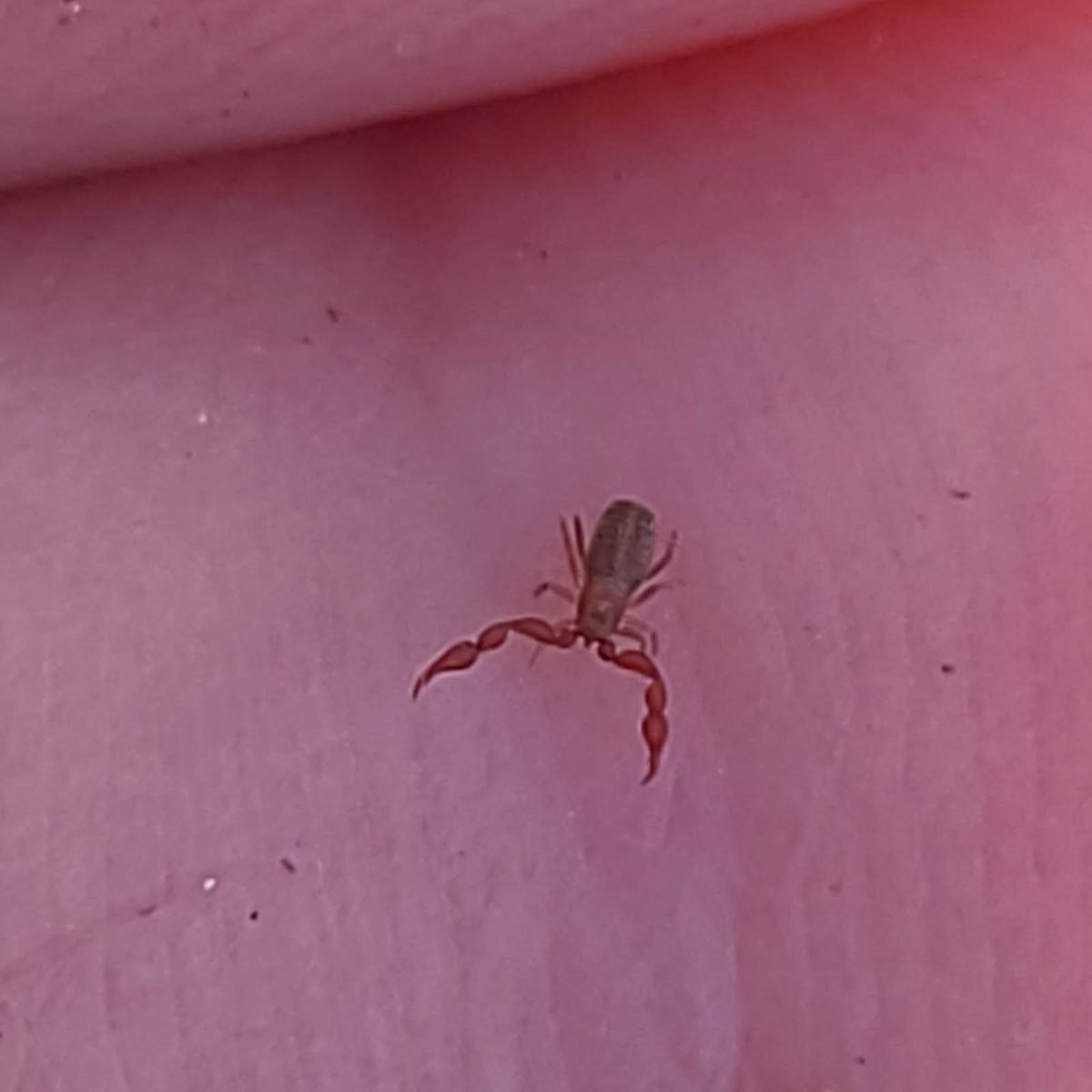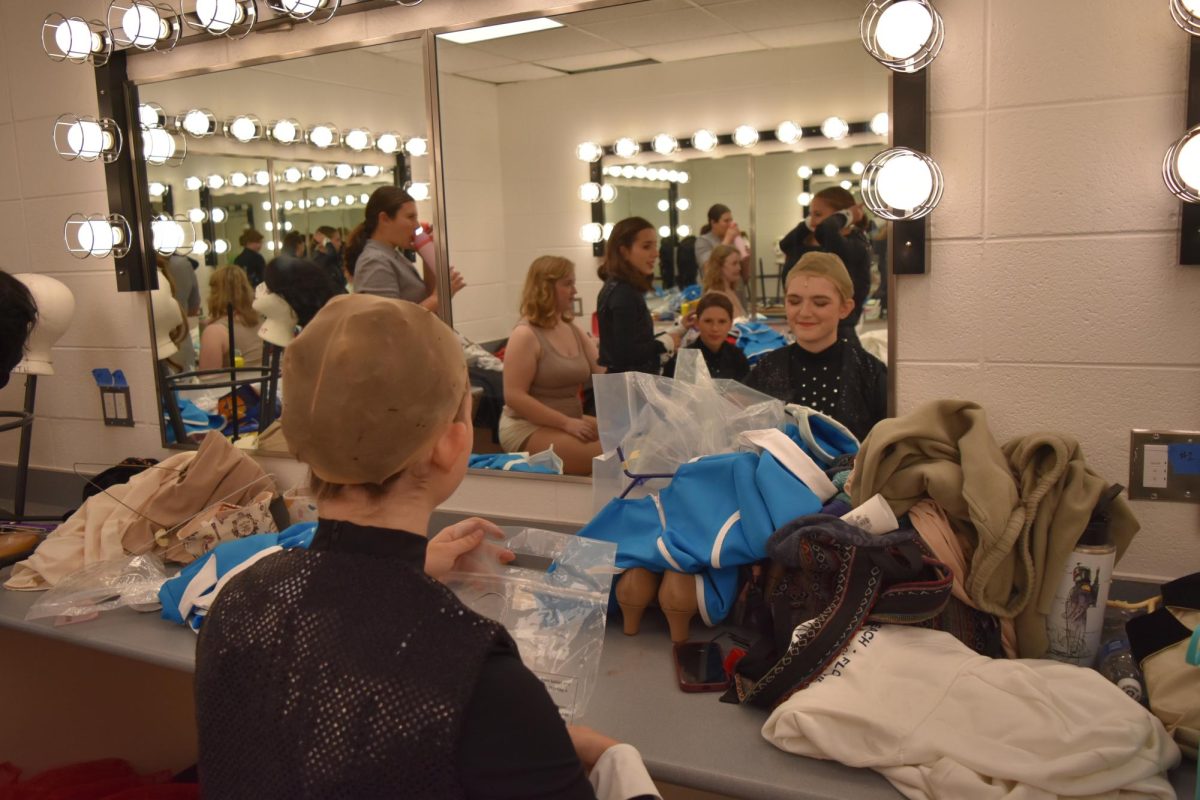When people think of scorpions, what typically comes to mind is a small, eight-legged creature with crab-like pincers and a stinging tail that lives in hot climates or deserts. However, a related arachnid called the “pseudoscorpion” has a much wider range, and much less recognition.
As the ground thaws and rains soak into the soils of Michigan, insects and creepy crawlies of all sorts come up to the surface. Following this surge of life, pseudoscorpions skitter about in search of their prey.
Although pseudoscorpions are widespread, you probably have never seen one before. Michigan’s pseudoscorpions grow to an average length of three millimeters and a maximum of eight millimeters, depending on their species. In addition to their small size, they spend their lives hidden underneath leaf litter or decaying wood, so they are incredibly hard to spot.
The name “pseudoscorpion” makes these little creatures sound threatening, but in reality, it’s quite the opposite. Yes, pseudoscorpions are predatory, but they pose no threat to humans. They do not possess the stinging tail of a true scorpion, nor the toxins. They feed on small insects like springtails and flies and are not able to hurt humans even if they try. They’re harmless little creatures that dwell alongside all the other little bugs in your garden.
This year, I have found five pseudoscorpions living around the base of my compost bin. Though five is not an impressive number, considering that the ones I found were less than three millimeters in length and that I wasn’t looking for them, I think it’s pretty cool that I found so many.
Being harmless and tiny, it’s easy to think that pseudoscorpions aren’t very important. However, pseudoscorpions are a very important indicator species. This means that pseudoscorpions only tend to live in places with consistently healthy soil and plant life. Since they are so small, they are very susceptible to chemical poisoning and rapid temperature changes. If you find a pseudoscorpion, the area around it is likely very healthy.
As with most other bugs, a lot of people are uncomfortable with them. Arachnids in particular tend to scare people, so it’s hard to convince people that little creatures like this are genuinely very important and shouldn’t be squashed.
My own love for insects and other little bugs comes from years of research, a deep respect for nature, and an awe of the complexity of ecosystems. I think it’s important for everyone to know about the Earth, and I believe that learning about the things that you’re scared of makes them less scary. Little buddies like pseudoscorpions tell us a lot about the world around us, yet they’re seen so rarely. I would encourage everyone to take a really close look at the world around them and learn about its smallest details, because the littlest things are rarely unimportant.













